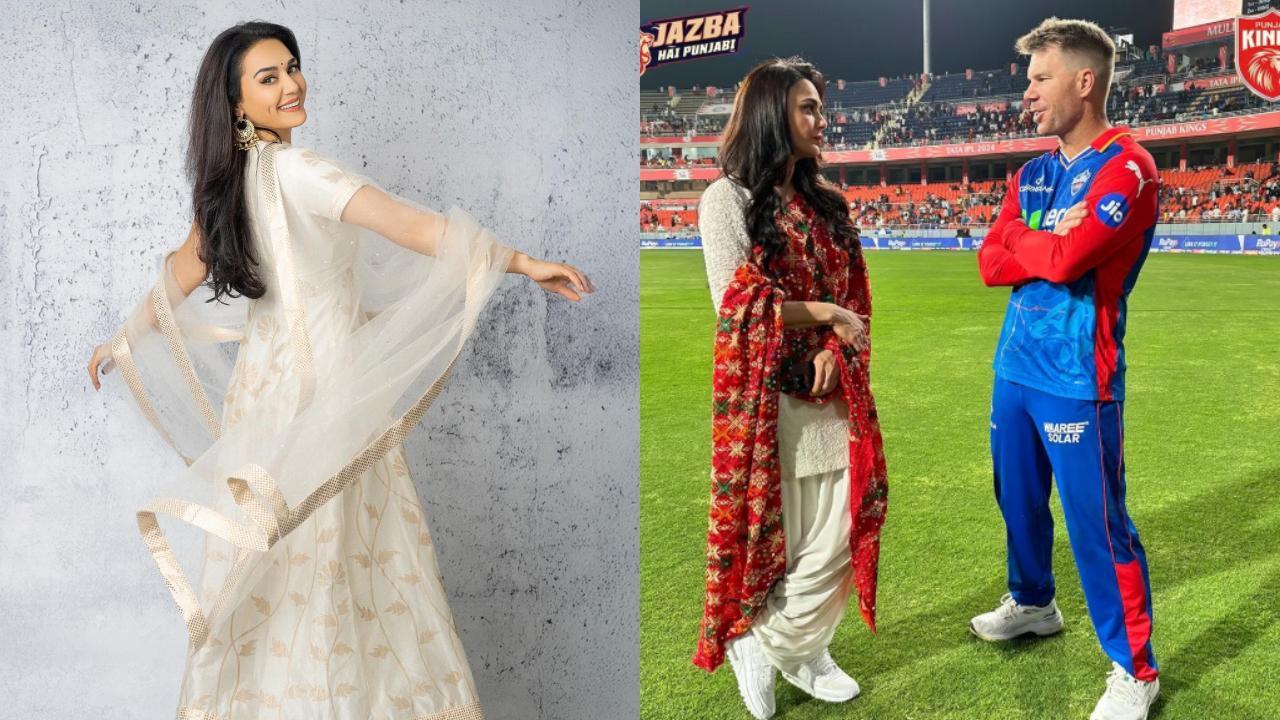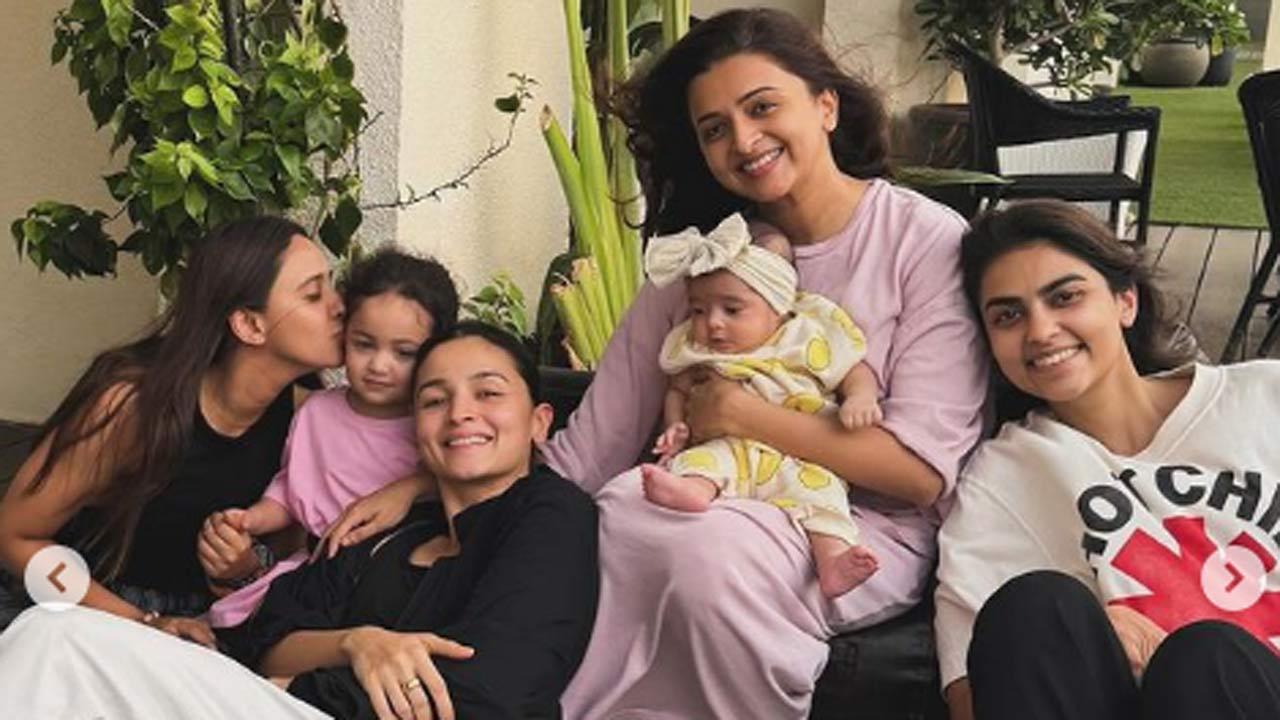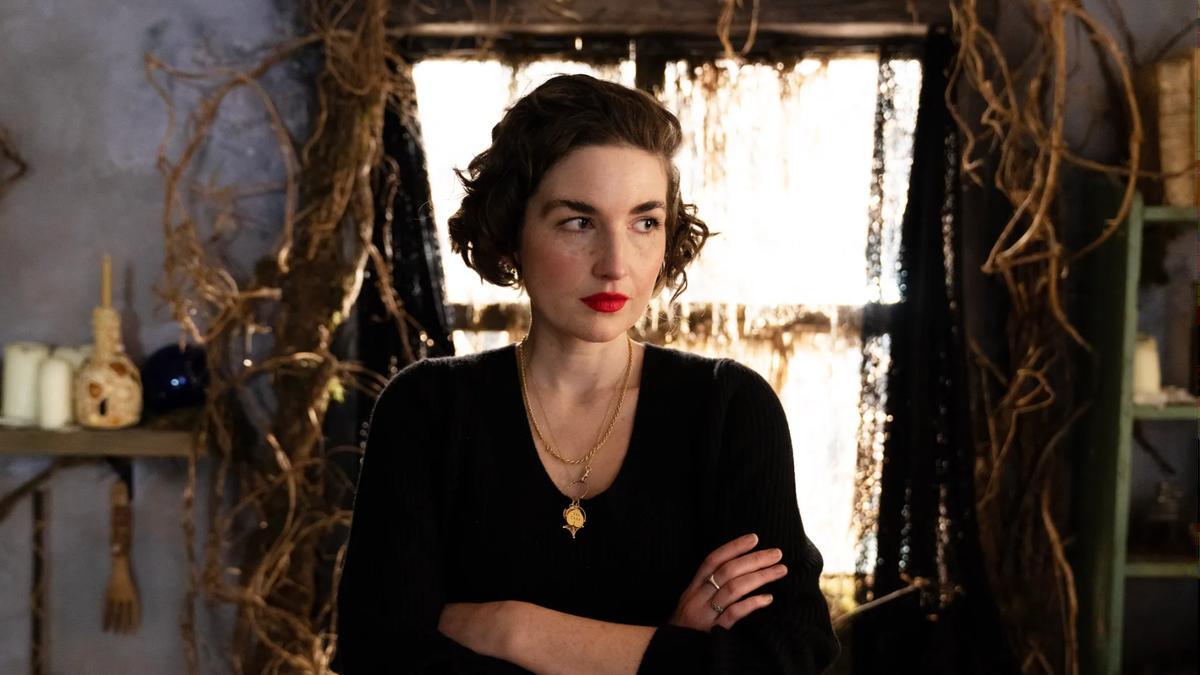
Against the backdrop of a deceptively serene January evening in Bengaluru, comes a film that offers solace in the face of sorrow—a cinematic balm to the ravaged heart. “Good Grief,” directed by Daniel Levy, is a soft, luxurious embrace reminiscent of a plush knit sweater or a comforting bowl of soup that seems tailor-made for such a melancholy setting.
The narrative unfolds amidst the festive cheer of a London Christmas party, heightened by the splendor of its setting as Marc, portrayed by Levy, revels amidst friends and the dazzling city lights. Beside Marc at the celebration is his partner, the exceptionally gifted author Oliver (Luke Evans), alongside their companions Thomas (Himesh Patel), a gallery owner, and the fashion designer Sophie (Ruth Negga), who is amidst designing for a Keira Knightley film.
The mirth is effervescent as Oliver instigates an impromptu sing-along with melodies crafted by an Academy Award-winning composer friend. After the revelry, Oliver departs into the night to catch a flight to Paris for a literary engagement, unaware of the tragic fate that lurks ahead.
Tragedy catapults Marc’s life into disarray as word arrives that Oliver has been claimed by a vehicular catastrophe, transforming a routine taxi ride into a final voyage. In the wake of this loss, Marc’s world splinters, and he is enveloped by the patient support of Sophie and Thomas. Through their steadfast companionship, Marc endures the grim task of acquainting himself with financial realities, assisted by his adviser, Imelda (Celia Imrie), and discovers realms of Oliver he had never known.
The harrowing calendar brings them close to the first anniversary of Oliver’s untimely demise. Courage finds Marc at last, as he opens a Christmas card—a vestige of Oliver’s final sentiments before embarking on the ill-fated journey to Paris.
Inside, Oliver’s penned words cast Marc into a vortex of emotion, spurring him to venture to Paris with Thomas and Sophie. Their Parisian sojourn sees them grappling with inner turmoil: Sophie with her fear of commitment, Thomas with his struggle against self-doubt, and Marc with his proclivity to bury his woes. Their cathartic moment unfurls amidst the stars on a Ferris wheel, adding a layer of reflective depth that resonates in spite of its cinematic convenience.
The settings are idyllic, the attire head-turning, enhanced by a cast that exudes earnest amiability. Included among them is Arnaud Valois, who embodies Theo—the amiable and captivating Frenchman Marc encounters at a gathering for avant-garde artists. The roster of talent also features Emma Corrin and Jamael Westman as Terrance, Sophie’s ever-patient partner.
“Good Grief” eschews the saccharine for an authenticity that neither overwhelms with sentiment nor rends the heart asunder. Instead, Levy’s first foray into directing crafts a tableau of life’s allure amid grief, featuring people of accomplishment and allure in settings that shine with sophistication. To revel in beauty and elegance amid human complexity is not an act worthy of judgment but a reminder that life, even when enshrouded in sorrow, remains profoundly beautiful.
Audiences in search of delicate reflections on love, loss, and healing are now invited to experience “Good Grief” as it graces the screens of Netflix. With its artful portrayal of emotional landscapes and healing journeys, the film not only captures the fragility of the human spirit but also its indomitable capacity for resilience and rebirth.










